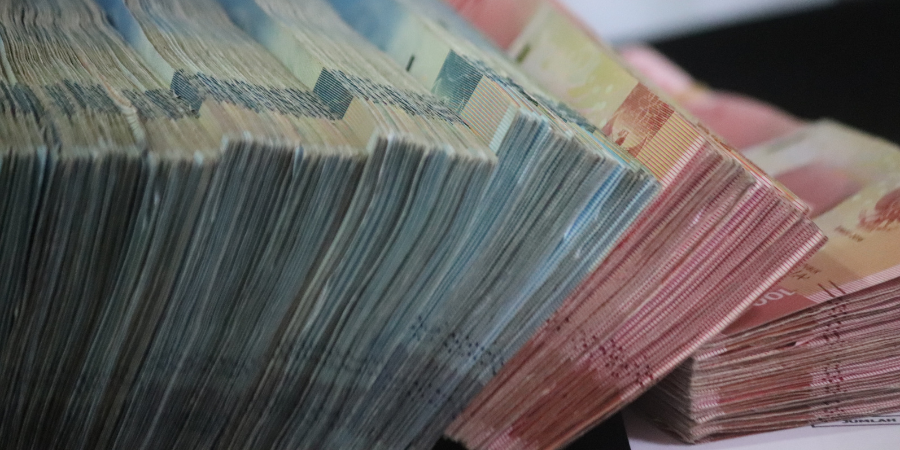The direct and ultimate beneficiaries of the recovery and resilience plan received €3,736 million as of February 7, equivalent to 17% of the allocation, according to the latest monitoring report.
Compared to the previous week, beneficiaries received an additional €19 million. The total amount of payments also corresponds to 18% of the contracted amount and 22% of the approved amount.
The largest amounts received were companies (€1,387 million), public bodies (€876 million) and public companies (€442 million).
They are followed by municipalities and urban areas (274 million euros), schools (also with 274 million euros), households (161 million euros) and higher education institutions (159 million euros).
The Solidarity and Social Economy Foundations (86 million euros) and the Scientific and Technological System Foundations (78 million euros) are the only ones whose payments are less than 100 million euros.
In turn, approvals amounted to 16,700 million euros, equivalent to 75% of the allocation and 79% of the contract value.
Corporations lead in approvals (€5,624 million), followed by public bodies (€4,641 million), public companies (€2,721 million), and local authorities and urban areas (€1,777 million).
Then institutions of higher education (624 million euros), institutions of solidarity and social economy (397 million euros), schools (386 million euros), institutions of the scientific and technological system (331 million euros), and finally families (200 million euros). million euros).
As of February 7, the Standing Response Report had received 307,897 applications, of which 203,626 were analyzed and 162,836 were approved.
Portugal has already achieved 102 of the 463 milestones and targets agreed with the European Union.
Three milestones and goals are still being evaluated.
On 22 September 2023, the European Commission agreed to review Portugal's poverty reduction system, which now amounts to €22,200 million.
This change integrates the financial allocation to the European energy program RepowerEU (€704 million), as well as the unused allocation from the Brexit Adjustment Reserve (€81 million).
The poverty reduction strategy, whose implementation period extends until 2026, aims to implement a set of reforms and investments with the aim of restoring economic growth.
In addition to its goal of repairing the damage caused by Covid-19, this plan also aims to support investments and create job opportunities.

“Wannabe internet buff. Future teen idol. Hardcore zombie guru. Gamer. Avid creator. Entrepreneur. Bacon ninja.”

